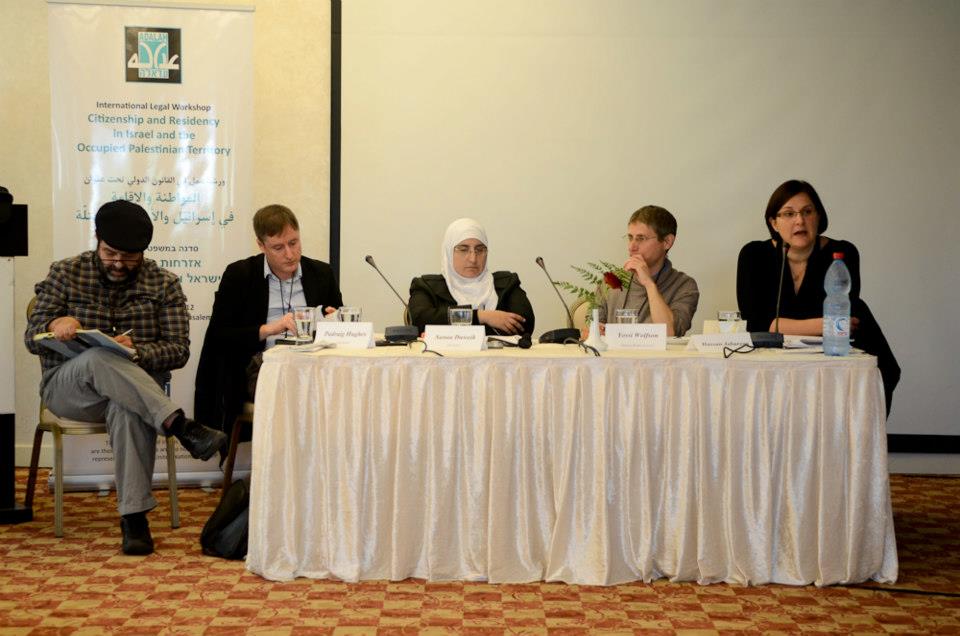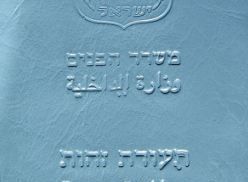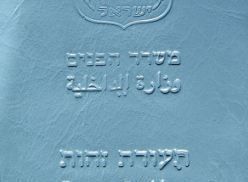Adalah to Chair of Knesset's Committee of Internal Affairs: Bill that Allows for Revocation of Citizenship of those Convicted of Security Offenses Seeks to make the Citizenship of Arab Citizens “Conditional”
On 26 November 2010, Adalah sent a letter to the chair of the Knesset's Committee of Internal Affairs, MK David Azoulay, to demand that a bill to amend the Citizenship Law should be rejected. The bill authorizes a court to approve a demand made by the Interior Minister to revoke the citizenship of a citizen who has been convicted of committing certain security offenses, including: infringing the sovereignty of the state or integrity of its territory, causing a war, assisting an enemy in time of war, serving in enemy ranks, espionage, or engaging in any activity deemed by the court to constitute terrorism according to the Prohibition on Terror Financing Law - 2005.
In the letter, Adalah Attorney Abeer Baker stated that the bill is one of series of bills that have been introduced in the Knesset recently and that seek to make the citizenship of Palestinian Arab citizens of Israel “conditional,” and to make the revocation of their citizenship easier. The bill is also a further manifestation of ongoing attempts to implement the election slogan of the Israel Beiteinu political party “no loyalty, no citizenship,” which targeted Arab citizens, and which demand them to pledge allegiance to principles and values that threaten to dispossess them of their land and uproot them from their homeland.
Adalah added that the appropriate means with which to deal with any illegal act is the Penal Code. Societies express their rejection of such conduct in punishments set forth in the law; the more dangerous the conduct, according to the circumstances in which it takes place, the harsher the punishment handed down by the courts. This is the essence of criminal law, and these are the principles that the courts abide by in striving to achieve justice and accountability. Therefore, revoking a person's citizenship – which is regarded as a part of his or her identity and dignity – in addition to the penalties imposed due to his or her actions, constitutes cruel punishment and is incompatible with the criminal law.
As is the case with a number of other bills and laws that have been enacted in recent months, the purpose of this bill is to strip Arab citizens of Israel of their citizenship. If enacted, it is highly likely that the bill would be implemented selectively against Arab citizens of the state.
















